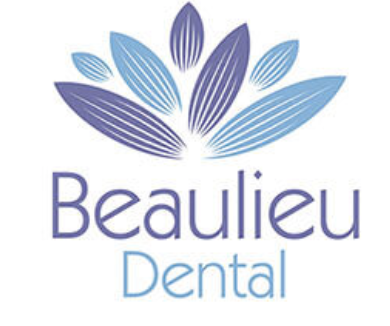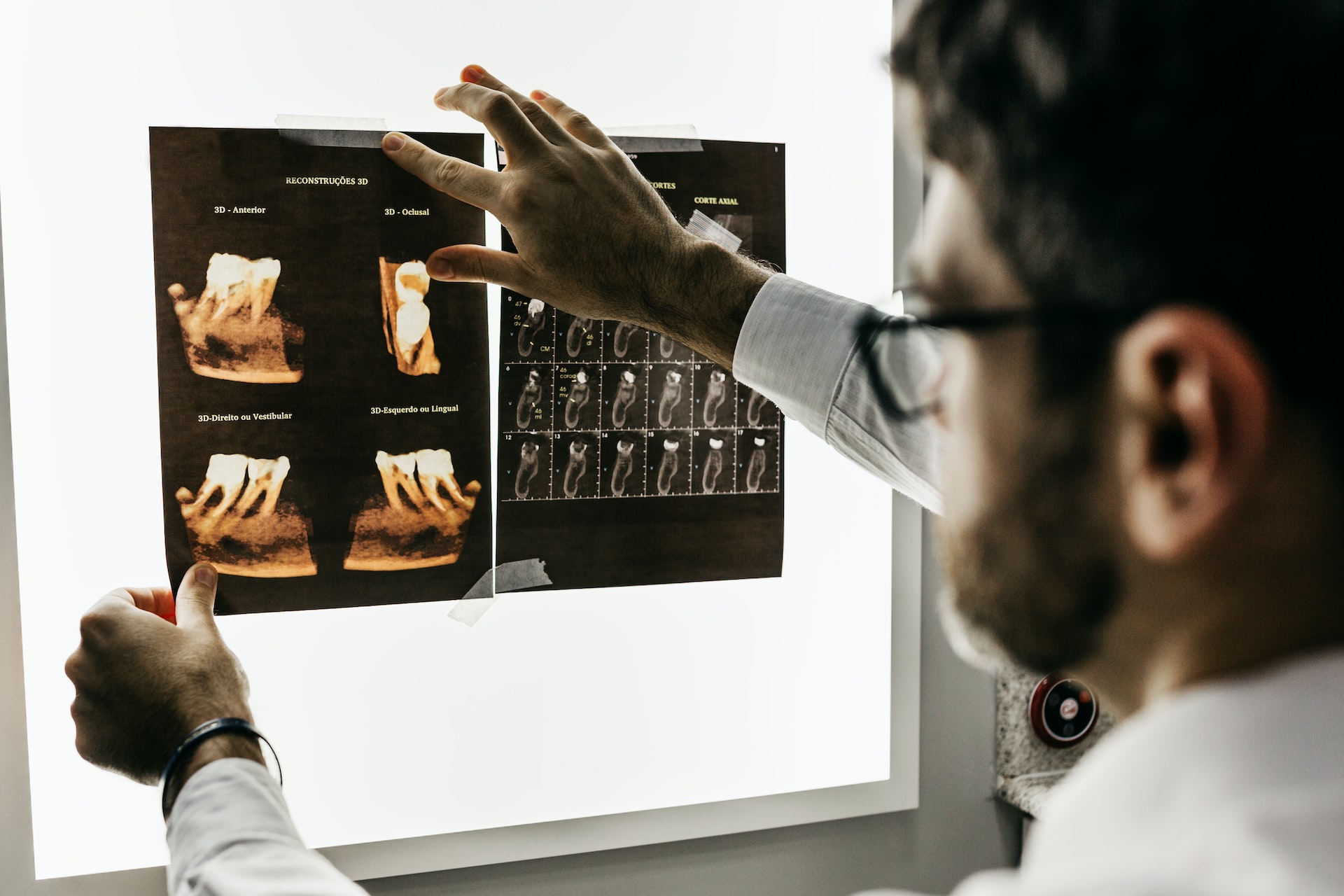Toothaches come in all degrees of pain, but leaving your dental problems for another day can sometimes result in a bigger dental emergency later on. That is why it is important to understand the pain, and whether it is a sign that you will need a tooth extraction, or an emergency dentist appointment.
As tooth extractions can cause a lot of anxiety for patients, in this blog, we will look at what an emergency tooth extraction involves, the questions to ask your dentist, and how to care for your teeth afterwards.
What is a tooth extraction?
A tooth extraction is the removal of a tooth from its socket in the bone, and it is a common dental procedure. Extractions are performed by your general dentist, or by a dental specialist, depending on how complex the extraction is perceived to be.
Typically, impacted wisdom teeth tend to be the main cause for tooth extraction amongst teens and some adults, however, there are other reasons why it might be necessary.
What is considered emergency dental treatment?
Minor dental issues, such as a missing crown or filling, or a chipped tooth, may not fall under a dental emergency unless it is causing extreme pain. In most cases, emergency tooth extraction is required when it is absolutely necessary to remove a tooth within 24 to 48 hours.
This can be due to extreme, debilitating pain, large fractures, or other causes which may jeopardise a patient’s dental health. By proceeding with an emergency dentist appointment, there is also a chance that the tooth could be saved.
Signs you need an emergency tooth extraction
The most common signs which might indicate a tooth will require an emergency extraction are:
- Trauma to the tooth following a knock to the jaw from an injury or fall
- Deep decay or severe gum disease in a tooth
- Swelling on either side of the face
- Bleeding with pain in gums
- Persistent, intense tooth pain
Understandably, in an emergency your regular dentist may not be available. However, regardless of where you are registered, you can access emergency dentist appointments, even from private dentists.
Simple extraction
A simple extraction occurs when teeth that are visible in the mouth require extracting. A general dentist will typically be able to provide simple extractions, but these also may be provided by an oral surgeon.
What is the procedure for a simple extraction?
The procedure will typically be performed in the dental chair while the patient is awake, however, a local anaesthetic injection will be administered to the tooth that will be removed. This will help to ease the pain around the area, as pressure is then applied and the tooth is further loosened until it can be lifted out of the socket.
While patients might feel a lot of pressure in the area as the tooth is being extracted, patients will generally not experience any pain aside from discomfort from keeping the mouth open for a long period of time. However, there will be frequent opportunities to rest the jaw during the procedure to minimise this discomfort. Should there be any pain, then patients should alert the dentist so that more anaesthetic can be administered.
What is the expected recovery time?
Recovery after a simple extraction can vary from person to person, however, it can generally take a few days for the patient to feel back to normal, and full healing will take several weeks.
Surgical extraction
When teeth are not easily accessible, such as when they are broken under the gum line or are only partially erupted, then a surgical extraction may be necessary. This can be performed by a general dentist or an oral surgeon.
What is the procedure for a surgical extraction?
Surgical extractions can be performed either under local anaesthesia in the dental chair, or in an operating theatre under general anaesthesia. This is dependent on the patient and the practitioner’s preference.
Surgical extractions involve an incision made to the gum, which may or may not require the removal of the bone surrounding the tooth to provide access to the tooth. The tooth is then removed in a procedure like a simple extraction, and once it has been removed, the gum will require sutures (surgical stitches) to keep it in place as it heals.
What is the expected recovery time?
Following the procedure, recovery time can vary between patients, however, it is typically longer than a simple extraction. This is due to the likelihood of some swelling, and full healing is likely to be a long process, mainly if there has been bone removal. For the first 24 hours following the surgery, patients will need to limit activities, which may include time off work.
Preparing for tooth extraction
When it comes to dental care, it is normal for patients to feel anxious and unsure about dental procedures. It is essential to discuss any such feelings with the dentist. By being fully informed and aware, they can help patients to feel more at ease and enable the procedure to go ahead.
If an emergency tooth extraction is necessary, then your dentist will explain the procedure and how to prepare for it. At this stage, medical conditions, allergies, recent surgery, and any medications being taken will be discussed so that the dentist is aware beforehand.
How to care for your teeth afterwards
As always, each person will heal at different rates, but more than likely there will be an extended period of tenderness and discomfort in the area where the tooth was extracted.
To help, it is recommended that during the first 24 hours:
- Avoid mouthwash, mouth rinses, hot food and drinks, and strenuous activity.
- A patient can generally eat normally on the day of the extraction but in some cases, a soft diet may be required for 24-48 hours following the extraction.
- Avoid rinsing or spitting after the extraction as this can lead to early loss of the blood clot and delay the healing process.
General aftercare:
- To help prevent infection, rinse with warm salt water several times a day for 4-5 days starting the day after your extraction.
- Smoking on the day of extractions and the days following can also lead to early loss of the blood clot and to a condition known as dry socket where normal healing is interrupted.
- Make sure to rest and elevate the head with a pillow when lying down.
- To reduce swelling, apply an ice pack to the inflamed cheek for 10 minutes each time.
Beaulieu Dental is one of Chelmsford’s most modern and welcoming dental practices.
At Beaulieu Dental, we appreciate the importance of your oral health and understand how much you value your smile, which is why we operate a 24-hour, 7-day week emergency service. When it comes to emergency dental procedures, it is essential that you get in touch as soon as possible for an emergency dentist appointment.
We also offer Denplan Dental Care, so that our patients can reduce the chance of receiving unexpected dental bills and spread the costs into affordable monthly payments.
You can be assured that our reliable service will provide you with a personal and caring touch, and our modern surgery has all the luxuries and modern features of a state-of-the-art dental practice. If you’re interested in learning more, then contact a member of our friendly team today!


